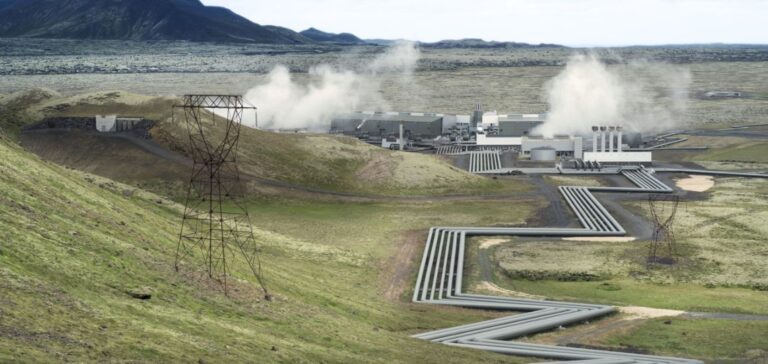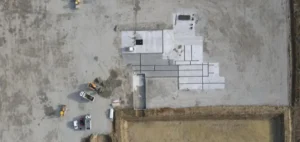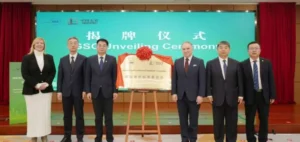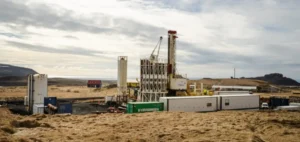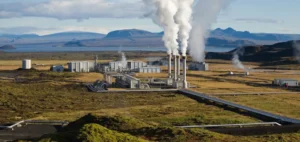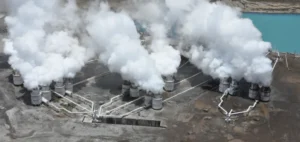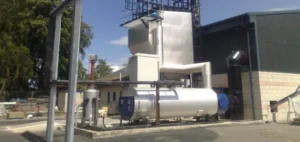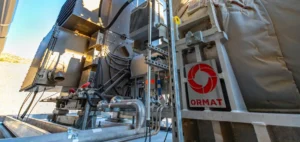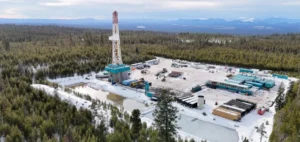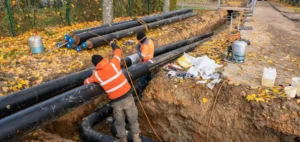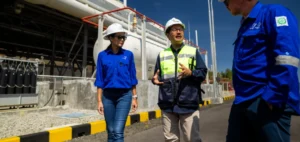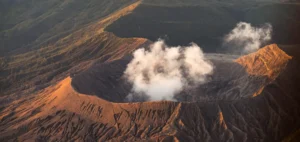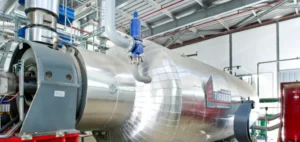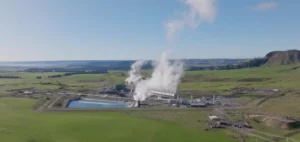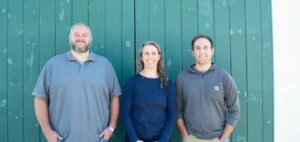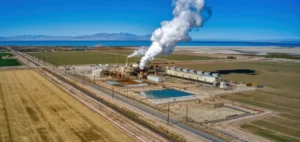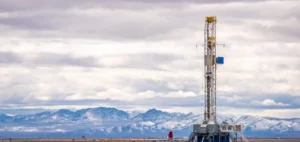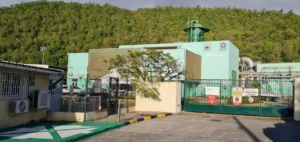The Alberta government has announced a $750,000 investment in a feasibility study for an open-access geothermal drilling test site. This site, called the Alberta Drilling Accelerator, aims to propel geothermal technology, which uses natural underground heat to generate energy. This project could position Alberta, with its wealth of drilling expertise, as a leader in geothermal energy and, more broadly, in renewable energy.
Importance of the project for technological innovation
Calgary-based Eavor Technologies will lead the study. The company, which is currently building its first commercial project in Germany with the support of the provincial and federal governments, sees this test as a crucial step in the development of geothermal energy. Jeanine Vany, Executive Vice President of Corporate Affairs at Eavor, emphasizes the importance of this initiative in bridging the technological gap with already well-established wind and solar energies.
Potential impact on the energy sector
John Redfern, president and CEO of Eavor, says: “The need, and part of the argument for geothermal, has only arisen because of the rise of wind and solar. With many of these energies, it’s certainly an inexpensive way to add lots of bare kilowatts quickly. But over time, there’s a need for something less intermittent and more reliable – and that’s where we come in.” “We are attracted to the market because of the success of wind and solar.”
John Redfern also explains why the appeal of geothermal energy has grown in parallel with therise of wind and solar power. Unlike the latter, geothermal energy offers less intermittent and more reliable energy production, which is essential for a sustainable energy transition. The Eavor test could therefore play a decisive role in the diversification of Alberta’s renewable energy sources.
Environmental and economic considerations
The Minister for the Environment and Protected Areas, Rebecca Schulz, specifies that the study will assess the economic and environmental viability of the proposed site. The aim is to fully understand the opportunities and challenges before expanding the project and attracting partners for large-scale development. Schulz also highlights the significant potential of geothermal energy to reduce carbon emissions, create jobs and strengthen energy security, while keeping her vision reasonable:
“I think it’s obvious that due diligence needs to be done before bringing all the partners together to develop the gas pedal.”
With its commitment to produce 30% of its electricity from renewable resources by 2030, Alberta is seriously considering geothermal energy as a pillar of its energy strategy. The geothermal drilling test site project not only represents a technological breakthrough, but also a commitment to a more sustainable and diversified energy future.


